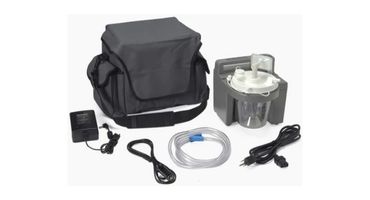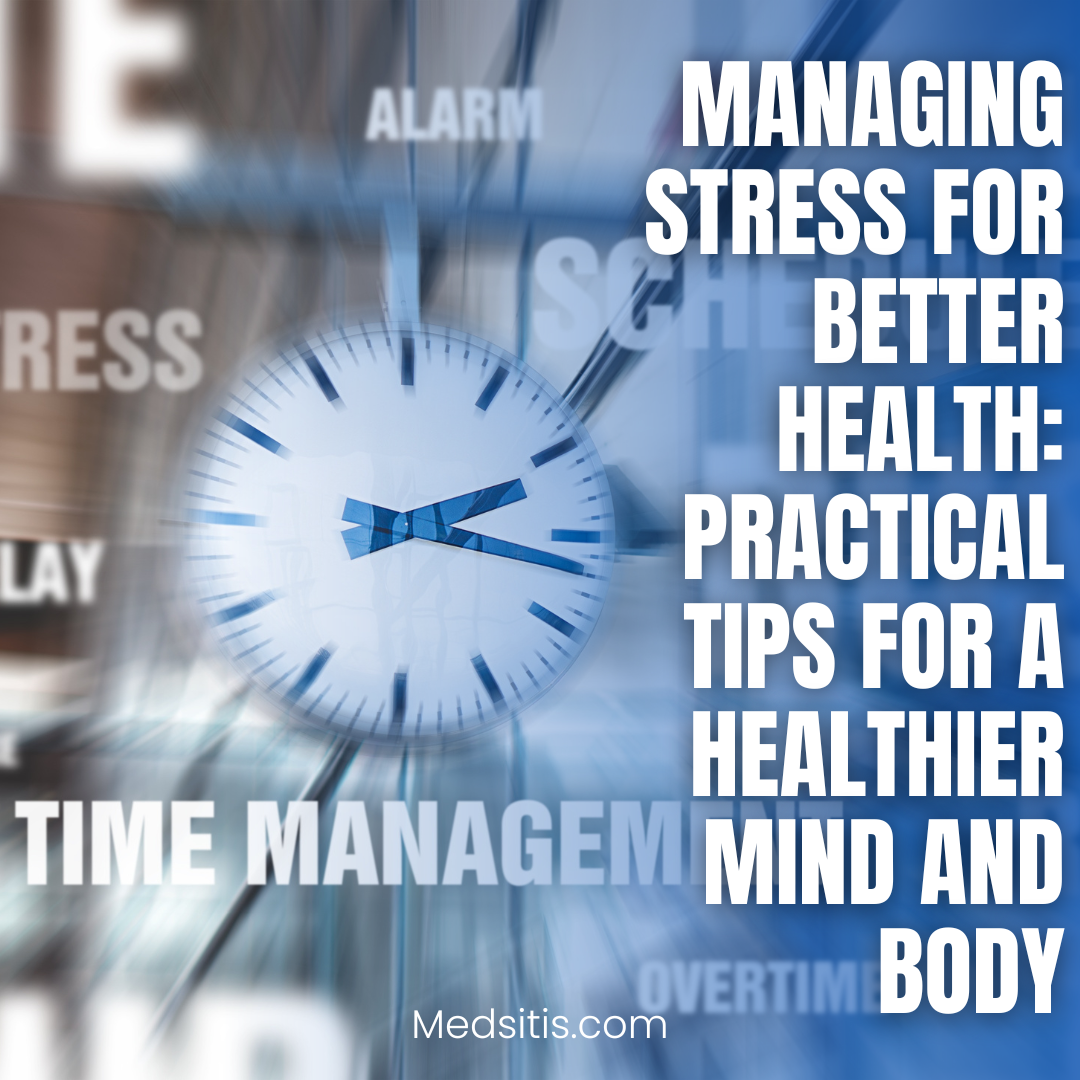Stress is an inevitable part of life, but when it becomes chronic, it can have a significant impact on both your mental and physical health. From headaches and high blood pressure to anxiety and depression, the effects of stress are far-reaching. The good news is that with some intentional practices, you can manage stress more effectively and promote a healthier, more balanced life. Here are some tips to help you reduce and manage stress for better overall health:
1. Practice Mindfulness and Meditation
One of the most effective ways to manage stress is through mindfulness and meditation. These practices allow you to focus on the present moment, which can help you break the cycle of anxious or overwhelming thoughts. Mindfulness involves paying attention to your thoughts and feelings without judgment, while meditation helps you center your mind and calm your body. Even just 10-15 minutes of mindfulness or meditation each day can make a big difference in your stress levels.
2. Deep Breathing Exercises
Breathing exercises are a quick and easy way to calm your nervous system and reduce stress. Deep breathing helps activate the body’s relaxation response, lowering heart rate and blood pressure. A simple technique is the 4-7-8 method: inhale for four seconds, hold the breath for seven seconds, and exhale slowly for eight seconds. Repeat for a few minutes, and you’ll likely feel more relaxed and centered.
3. Get Moving: Physical Activity as Stress Relief
Exercise is one of the most effective ways to combat stress. Physical activity triggers the release of endorphins, the body’s natural mood elevators. Whether it’s a brisk walk, a yoga session, or a high-intensity workout, getting your body moving can help you release pent-up tension and improve your overall mood. Aim for at least 30 minutes of moderate exercise most days of the week to experience the full benefits.
4. Establish Healthy Boundaries
Work, relationships, and daily obligations can pile up quickly, leading to burnout. One of the most important ways to manage stress is by setting clear boundaries. Learn to say no when you’re overwhelmed and prioritize activities that contribute to your well-being. Setting boundaries isn’t about being selfish; it’s about ensuring that you’re able to give your best without sacrificing your health. Taking time for yourself to recharge is vital for long-term stress management.

5. Get Enough Sleep
Sleep is often the first thing to suffer when you’re stressed, but it’s also one of the most important factors in stress management. Chronic stress can make it difficult to fall asleep, which in turn can increase stress levels, creating a vicious cycle. To improve your sleep quality, establish a regular sleep schedule, limit screen time before bed, and create a calming bedtime routine. Aim for 7-9 hours of restful sleep each night to support both mental and physical health.
6. Nourish Your Body with Healthy Foods
What you eat plays a crucial role in your stress levels. A balanced diet rich in fruits, vegetables, whole grains, and lean proteins helps keep your energy levels stable and supports overall well-being. Avoid excessive caffeine, sugar, and alcohol, as these can contribute to anxiety and disrupt your sleep. Also, consider incorporating stress-reducing foods like dark chocolate, nuts, and fatty fish, which are known for their mood-boosting properties.
7. Connect with Others
Social support is an essential factor in managing stress. Talking to a friend, family member, or therapist can help you process your emotions and gain perspective on stressful situations. Human connection is a powerful stress reliever, so make time to nurture your relationships. Whether it’s sharing a laugh or simply venting about your day, connecting with others can make stress feel more manageable.
8. Engage in Hobbies and Activities You Enjoy
Making time for activities that bring you joy can provide a welcome break from stress. Whether it’s painting, gardening, playing an instrument, or reading, doing something you love can help take your mind off worries and restore a sense of calm. Hobbies can also provide a sense of accomplishment and boost your self-esteem, which is important for managing stress in the long run.
9. Seek Professional Help When Needed
If stress becomes overwhelming or chronic, it’s important to seek help. Mental health professionals, such as therapists or counselors, can help you develop coping strategies tailored to your specific situation. Sometimes, stress can be a sign of underlying mental health conditions like anxiety or depression, and professional help can provide the support you need to navigate these challenges.
Conclusion
Managing stress is not about eliminating it altogether, but about learning how to cope with it in healthy ways. By incorporating mindfulness, physical activity, proper sleep, and good nutrition into your daily routine, you can reduce the impact of stress on your life. Remember, it’s okay to ask for help when needed, and taking small steps toward better stress management can lead to big improvements in your overall health and well-being.
Take control of your stress today – your mind and body will thank you for it!



















